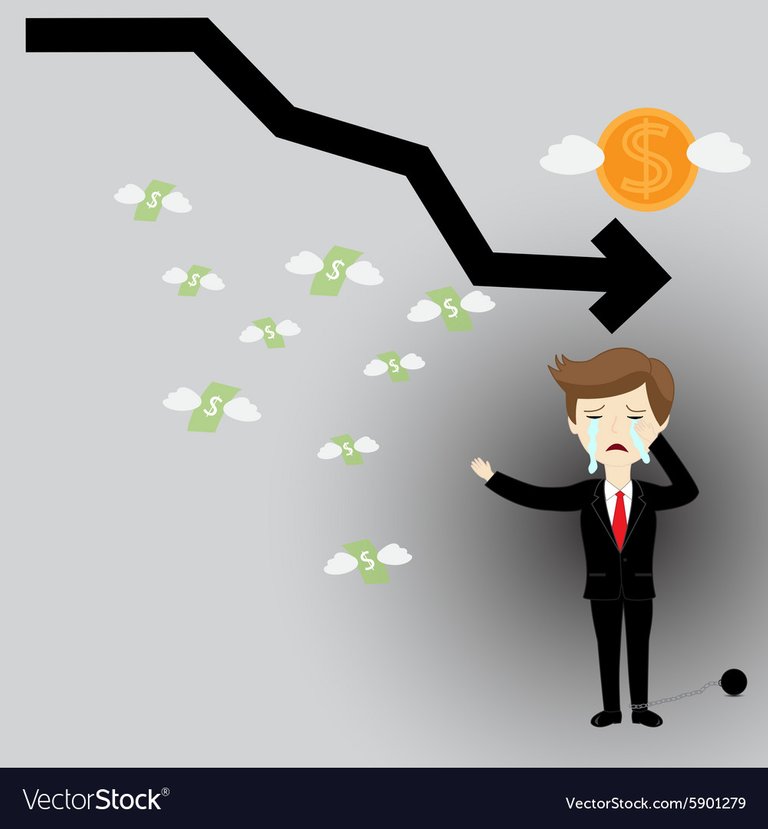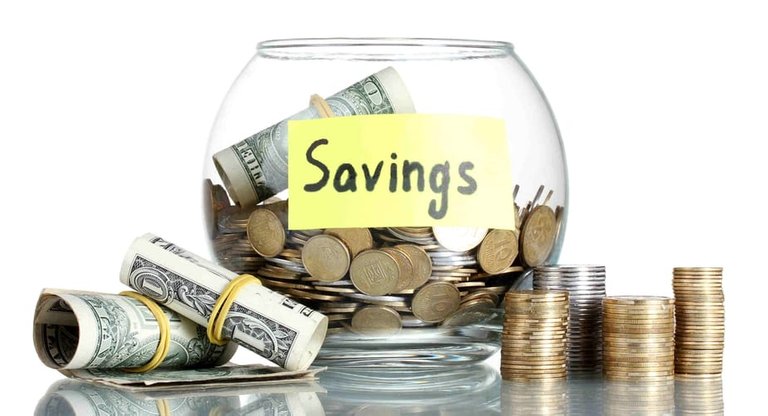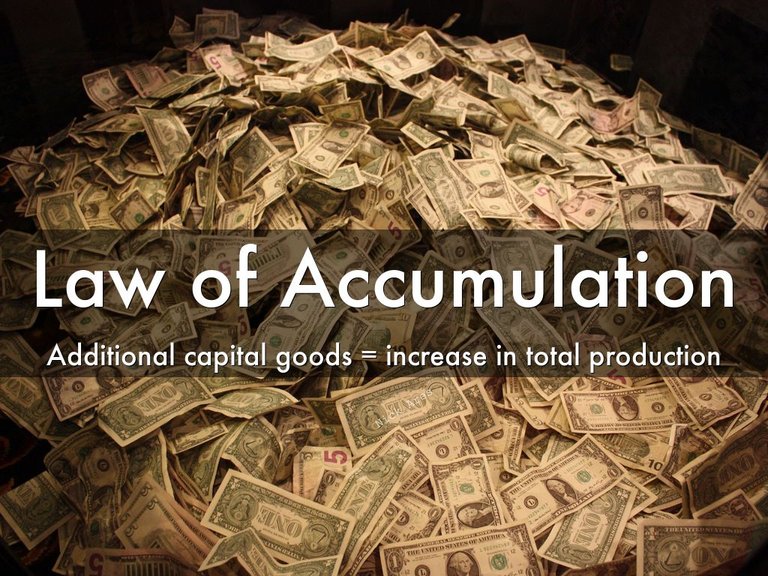PREFACE
In reading the lives of great men, I found that the first victory they won was over themselves; self discipline with all of them came first.”—HARRY S. TRUMAN

The primary reason for financial problems in life is lack of self-discipline, self-mastery, and self control. It is the inability to delay gratification in the short term. It is the tendency for people to spend everything they earn and a little more besides, usually supplemented by loans and credit card debt.
When you were a child and you received money (whether it was your allowance or a gift from a friend or relative), the first thing you thought of doing was to spend that money on candy. Candy is sweet. Candy is delicious. Candy fills your mouth with a wonderful, sugary flavor. You liked candy when you were a child, and you probably could seldom get enough of it. Many children will eat candy until they become physically ill because it tastes so good
The reason for this is not the amount of money that they earn. The reason is lack of self-discipline and the inability to delay gratification. Why is this weakness of character so prevalent among the majority of adults in society today? It goes back to early childhood.
As you grew older, you developed what psychologists call a “conditioned response” to receiving money from any source. Like Pavlov’s dog, when you receive money, you mentally salivate at the thought of spending this money on something that makes you happy, at least temporarily
Here are some most financial problems most people Encounter

The primary reason why most adults have financial problems is not low earnings. In their book The Millionaire Next Door, Thomas Stanley and William Danko show that two families living on the same street, in the same size of house, and working at the same job can have completely different financial situations. By the age of forty-five or fifty, the couple in one house will be financially independent while the couple next door is deeply in debt and having trouble making the minimum payments on their credit cards.
Here,
Rewire Your Responses About Money
The starting point of achieving financial independence is to discipline yourself to rewire your attitude toward money. You need to reach into your subconscious mind and disconnect the wire linking “spending” and “happiness.” You need to then reconnect that “happiness” wire to the “saving and investing” wire. From that moment on, instead of saying, “I feel happy when I spend money,” you will say, “I feel happy when I save money.”

To reinforce this shift in thinking, open up a “financial freedom account” at your local bank. This is the account in which you deposit money for the long term. Once your money goes into this account, you resolve that you will never spend it on anything except the achievement of financial freedom.
If you want to save money to buy a boat or a car, you open up a separate account solely for that purpose. But your financial freedom account is inviolable. You never touch it except to invest those funds so that they can yield a higher rate of return
Save Throughout Your Lifetime

When we suggest to people that they need to begin saving 10 percent of their incomes, they shake their heads. Most people are spending everything they earn today. They have nothing left over. Most people are deeply in debt as well. The idea of saving 10 percent of their income, right off the top, appears impossible. But there is a solution.It used to be that if you saved 10 percent of your income from your first paycheck until you retired, you would be financially independent, if not rich. Today, however, financial advisers suggest that you need to save 15 or 20 percent of your income in order to achieve all your financial goals. Any less than this opens you up to the risk of running out of money later in life.
The miracle of Compound Interest
Albert Einstein said, “Compound interest is the most powerful force in the universe.”

This means that if you are serious about achieving financial independence, the most important single requirement is self-discipline combined with the ability to delay gratification. Your ability to practice self-mastery, self-control, and self-denial throughout your life will not only enable you to achieve all your financial goals, but it will also make you successful and happy in everything else you do.
If, from the age of twenty-one until you are sixty-five, you were to save only $100 per month and invest that amount in a mutual fund or index fund that increased an average of 7 to 10 percent per year, you would be worth more than a million dollars. If you were to set up your payroll account so that $100 were automatically deducted and invested for you,
Income Increases Don’t Help

Everyone has already increased their income dramatically, but it has done no good. Simply increasing your income does not ensure that you will achieve financial independence. This is because of Parkinson’s Law, which says, ‘Expenditures rise to meet income.’ No matter how much you earn, you end up spending it all, and more besides
The Payoff Is Tremendous

The reward for saving and investing is substantial. It is said that “happiness is the progressive realization of a worthy ideal.” So every time you save a dollar or pay off a dollar of indebtedness, you feel happy inside. You feel more positive and in control of your life. Your brain releases endorphins, which in turn give you a feeling of calmness and well-being.Within two years of beginning this process, you will have worked your way out of debt and will have begun to accumulate a growing amount of money in your financial freedom account. As this amount increases, you will begin to attract into your life more money and more opportunities to deploy those funds intelligently so that they yield a higher rate of return.At the same time, your attitude toward money and spending will gradually change. You will become more disciplined and conscientious. You will investigate carefully before you invest. You will study every aspect of a potential business or opportunity. You will be reluctant to part with money that you have worked so hard to accumulate. You will actually begin to reshape your attitude and personality toward money—and do so in a very positive way
The Law of Accumulation

The Law of Accumulation says that “every great achievement is an accumulation of many small achievements.” The Law of Attraction says that “you attract into your life those things that are in harmony with your dominant thoughts.” Because of these laws, your financial freedom account begins to grow with the miracle of compound interest.The more money you have in your bank account, the more energy it generates and the more money is attracted into your life. You have heard it said that “it takes money to make money.” This is true. As you begin to save and accumulate money, the universe begins to direct more and more money toward you that you can save and accumulate.Everyone who has ever practiced this principle of regular saving is absolutely astonished at how quickly their financial fortunes change for the better.The rule for financial independence, once you have rewired your attitude toward money, is to “pay yourself first.” Most people save whatever is left over after their monthly expenses—if there is anything left over at all. The key, however, is to pay yourself first, off the top, from every amount of money you receive.
Associate Happiness with Saving

When you begin saving in this way, something miraculous happens within you. You start to feel happy about the idea of having money in the bank. Even if you open your account with only $10, this action gives you a feeling of greater self-control and personal power. You feel happier about yourself. The very act of disciplining yourself to save money makes you feel stronger and more in control of your destiny.
Each time you get some extra money, you put it into your financial freedom account. Eventually, your financial freedom account will begin to grow. Then, as it grows, you activate two laws: the Law of Attraction and the Law of Accumulation.Because the money in your account is emotionalized by your own thoughts and feelings, it sets up a force field of energy that begins to attract more money into it. If you save $10 a month for a year, you will be astonished to find that with the extra bits of money that you have put into that account, you will probably have more than $200 rather than just $120. If you save $100 per month, you will probably have more than $2,000.
Conclusively,
When we suggest to people that they need to begin saving 10 percent of their incomes, they shake their heads. Most people are spending everything they earn today. They have nothing left over. Most people are deeply in debt as well. The idea of saving 10 percent of their income, right off the top, appears impossible. But there is a solution.
It used to be that if you saved 10 percent of your income from your first paycheck until you retired, you would be financially independent, if not rich. Today, however, financial advisers suggest that you need to save 15 or 20 percent of your income in order to achieve all your financial goals. Any less than this opens you up to the risk of running out of money later in life.